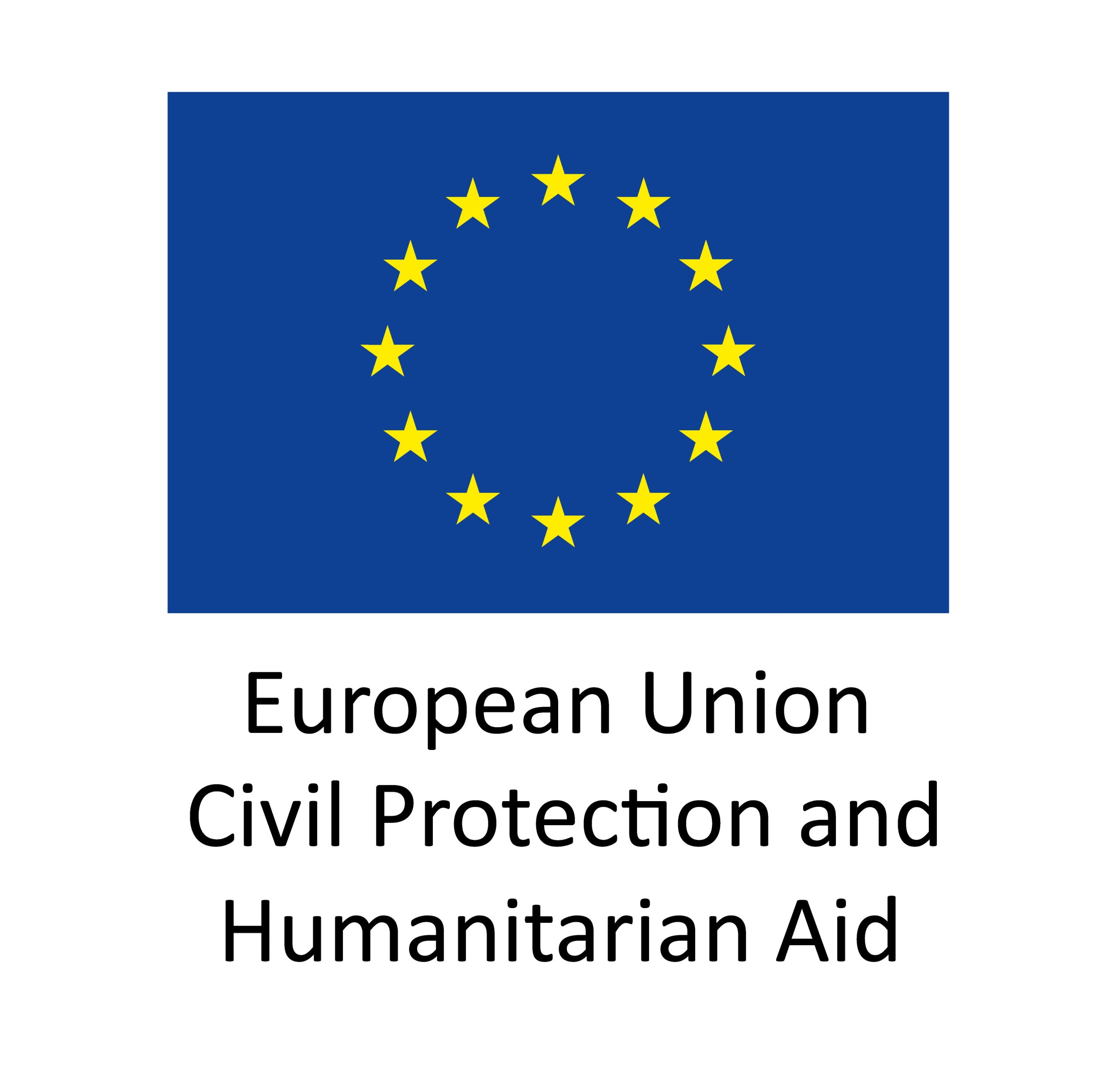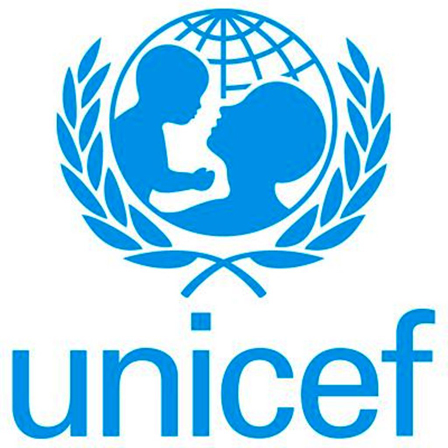Despite some improvements in the last decade[1] children in Chin State are the most malnourished in Myanmar, with 41% of children stunted indicating chronic undernutrition[2]. 9% of women are thin (BMI less than 18.5 kg/m2) and 12% of children are born with a low weight indicating malnutrition starts before birth. Stunting continues to increase over the first critical two years of life, with stunting peaking at 2-5 years of age. Numerous, complex factors contribute to poor nutrition outcomes for women and children in Chin state with key causes becoming clear in recent research studies.
Poor nutrition during pregnancy and lactation stems from the challenging role women have, burdened with farming labour, household work and childcare and time-consuming tasks like collecting firewood, cooking, and fetching water.[3] In general, there is a lack of understanding and an underestimation of women’s contributions by men. Infant and young childcare and feeding practices are linked to poor nutrition outcomes and many of the same barriers for women’s nutrition effect these practices. 52% of women in Chin exclusively breastfeed their child to 6 months as recommended. Breastfeeding is practiced exclusively on average for 3.5 months until mothers return to productive/farming work.

CAD staff scaling a child’s weight.
Child minimum dietary diversity in Chin is only 12%. Access is limited due to expanse geography, and lack of transport. In addition, many key positions at the community level are unfilled leaving service gaps in many places. Less than 6% of women in Chin deliver in a hospital and only 39% have a skilled attendant.[4] Pregnant women are attending ANC (54%) and husbands and mothers-in-law value these services to ensure the baby’s health[5]. In general, the Chin population, especially women, face language barriers and difficulties in utilizing hospital services.
They also suffer poor health knowledge because they do not have easily accessible health and education services. There are health centres, however some have not been built (in the past, the government did not build Sub-RHCs) and basic health staff (BHS) visited villages and worked for some days only, and then went back to the townships. They did not remain stationed in the villages. This created limitations for the community in accessing maternal and new-born health services, especially MNCH services requiring emergency care. In addition, basic health services such as immunization, antenatal care, care during delivery, postnatal care, and care of new-borns are very low which can lead to morbidity and mortality. Poor personal and food hygiene practices as well as sanitation are common among the village community.

Mothers’ Commitment to Children’s nutrition is vital.
Miserably, all medical staffs (doctors, health assistants, midwives, nurses) of government in Chin state, made civil disobedient movement to State Administration Council of the Military coup since February 1, 2021. Therefore, all public health services of 99% in our Chin state are totally non-functional. Therefore, the local mothers and children inclusive of the Chin general populations are in need of health-care services without any delay.





